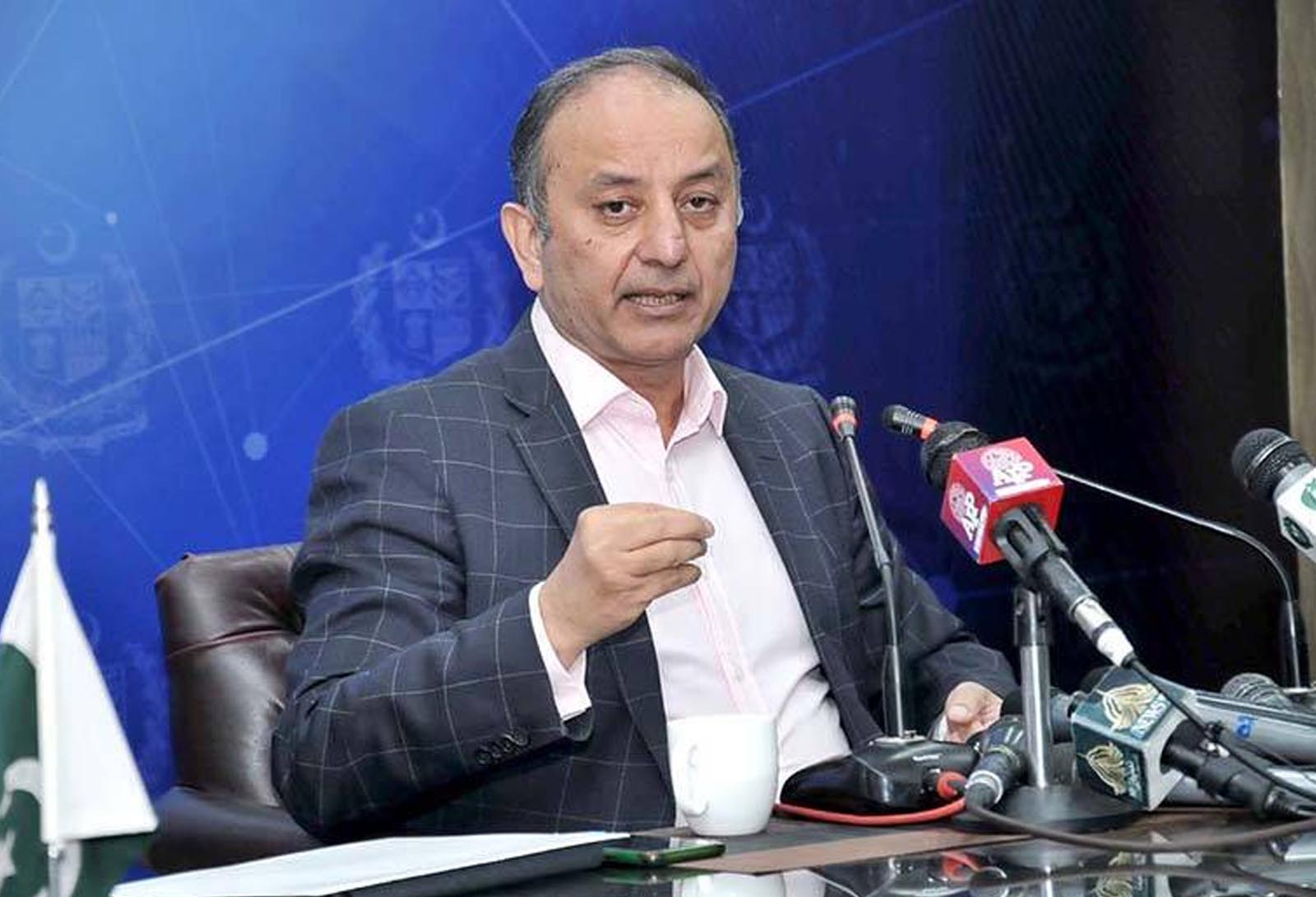Pakistan’s Federal Minister for Climate Change, Mushahidullah Malik, has accused India of deliberately disrupting water flow into Pakistan’s rivers, creating artificial flood conditions. In an interview with British media, Malik claimed that India alternates between blocking water and releasing excessive amounts, destabilizing Pakistan’s water management systems. He warned that if India proceeds with constructing water storage dams, Pakistan would consider it an act of aggression.
Malik emphasized that India recently blocked irrigation water during a critical crop-sowing period, directly threatening Pakistan’s agricultural output. This move, he argued, was aimed at undermining Pakistan’s food security and destabilizing its economy. With Pakistan heavily reliant on river water for farming, such actions could have long-term consequences for food production and rural livelihoods.
The minister noted that India currently lacks large water storage dams, but any move to build them would be seen as a hostile act. Under the Indus Waters Treaty, India is allowed limited water usage but cannot interfere with Pakistan’s share. Malik’s statements reflect growing concerns over India’s potential violations of the treaty, which has historically governed water distribution between the two nations.
The allegations come amid rising tensions between Pakistan and India over multiple issues, including Kashmir and cross-border conflicts. Malik urged the international community to take notice of India’s water manipulation, warning that it could escalate into a larger crisis. With climate change exacerbating water scarcity, the dispute highlights the urgent need for diplomatic intervention to prevent further instability in South Asia.


